Explosive Drone Attack Injures Three In Iraq's Erbil
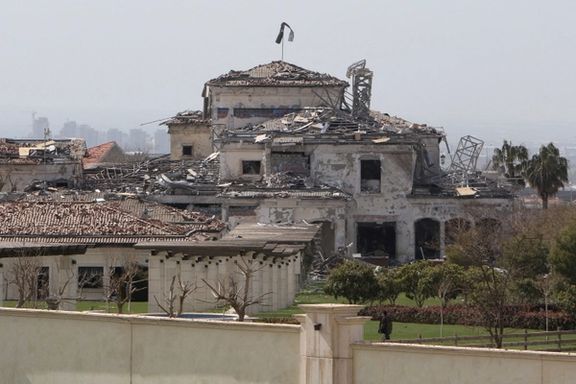
A drone exploded in Iraq's Erbil Wednesday injuring three people and damaging several cars, according to a statement by Kurdistan's counter-terrorism service.

A drone exploded in Iraq's Erbil Wednesday injuring three people and damaging several cars, according to a statement by Kurdistan's counter-terrorism service.
The explosive drone detonated on Pirmam road in Erbil's outskirts at 9:35 p.m. Iraq time, the statement said.
Two security sources, speaking on condition of anonymity, said the drone was shot down.
There was no immediate claim of responsibility.
A security source said earlier that a drone attack targeted the US consulate but did not give further details.
Iraqi Prime Minister Mustafa al-Kadhimi told Kurdish Prime Minister Masoud Barzani in a phone call that Baghdad will cooperate with Erbil to hold the perpetrators accountable, according to a statement.
"Bomb-laden drone hit Erbil-Pirmam road, causing civilian injuries and damage," the UN Assistance Mission for Iraq said on Twitter. "Iraq does not need self-proclaimed armed arbiters. Asserting State authority is essential. If the perpetrators are known, call them out and hold them to account."
Last month, Iran Revolutionary Guards artillery fire hit an area north of Erbil, targeting what Iranian state television described as terrorist bases.
Also, in March the Guards attacked the capital of the Kurdish region with a dozen ballistic missiles in an unprecedented assault on the capital of the autonomous Iraqi Kurdish region that appeared to target the United States and its allies
At least three other attacks have targeted oil refineries in Erbil since the March attack, but no group has claimed responsibility for them.
Report by Reuters
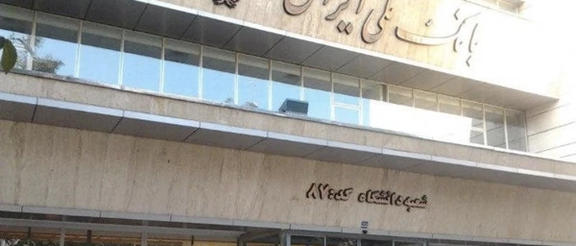
Police resorted to force Wednesday to break up a protest rally by people whose safety deposit boxes were robbed in a bank heist in a central Tehran branch of Iran’s largest bank.
According to footage circulating in social media, security forces fired warning shots and used violence to disperse the gathering of people in front of the robbed branch of the bank near the University of Tehran.
State-owned Bank Melli (National Bank) public relations office announced that the head and deputy head of the branch had been fired "for negligence." But hundreds of people who lost their life savings or important documents demand compensation.
Officials said an investigation was also underway, with several bank employees “under observation” for possible “dereliction of duty.” Three suspects are being interrogated in custody.
The gall of the robbers has fed social media speculation, and even comparisons with famous bank robberies elsewhere in the world, like the 1983 Brink’s Mat heist in the United Kingdom.
Bank Melli issued a statement on Tuesday denying social media reports that 1,000 boxes had been breached, saying thieves had entered the branch and accessed 168 safety deposit boxes. Earlier reports said the number was 200 to 250 boxes.
The exact details of the stolen property and documents have not yet been released, and in the past two days some Bank Melli officials have stated that the bank "has no criminal and legal responsibility for the contents of the boxes."
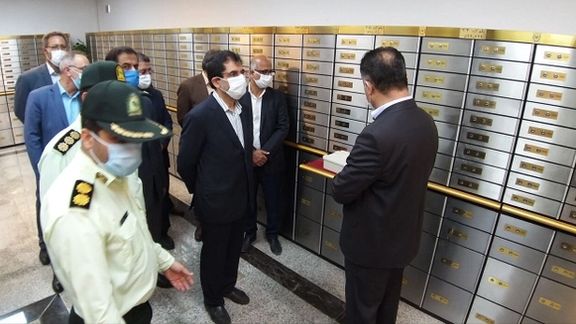
Media and officials in Tehran say it is not clear what the bank robbers stole from the safety deposit boxes, since banks have no information about what people put in these boxes, which are used to safely store personal mementoes, precious foreign currency, and gold coins bought as a hedge against inflation.
It is also not clear if there is any kind of insurance covering losses sustained by customers. One report last year suggested Iranians were keeping $25-$30 billion in cash “at home,” which would include money in bank deposit boxes.
The bank is about half a mile from the headquarters and residence of Supreme Leader Ali Khamenei.
Iran was on a four-day holiday from Thursday to Sunday marking the death anniversary of Ayatollah Ruhollah Khomeini, founder of the Islamic Republic. Apparently, the robbers gained access during the holiday, and it is not clear how long they were inside. They managed to open four sealed doors, reached the coffers, and destroyed security cameras, and took the hard drives, practically leaving no trace behind.
One former bank official told Iranian media that it would next to impossible to break through one of the main safe doors protecting the safe deposit boxes. “One would need days to break through the door with blow torches,” he said. Some doors were protected with electronic passes, codes and alarms.
A series of suspicious events that happened since last week, has led to speculations that the robbers may have sought some specific documents and have come from abroad for the heist.
On Thursday, an Iranian hacktivist group named ‘Uprising till Overthrow' hacked into and deactivated over 5,000 surveillance cameras and 150 websites and online services of Tehran Municipality. The robbery happened in the early hours of Friday. And the passport control system at Tehran's Imam Khomeini International Airport was reportedly hacked on Saturday, stranding passengers for a couple of hours.

The Israeli Air Force has upgraded its F-35 fighter jets to be able to reach Iran without mid-air refueling, the Jerusalem Post reported Wednesday.
The newspaper said that a new one-ton bomb has been integrated into the planes’ arsenal without jeopardizing the stealth radar signature that disguises the aircraft from air defenses. The bomb was developed by the Haifa-based, state-owned corporation Rafael Advanced Weapons Systems and is said to be protected against jamming.
Israel has 33 F-35s advanced aircraft made by the United States company Lockheed Martin, and expects to have 50 by 2024. Its air-force has conducted four large-scale military drills simulating attacks against Iran in the last month.
In the first drill, the Air Force exercised confronting Iranian radar and detection systems, like those which protect its nuclear installations. The second included simulating long-range combat flights -- in this case to destinations in Europe -- and cooperation between the fourth and fifth generation of its fighter jets. The other ones included defensive measures against cyber weapons and electronic warfare systems that could be used by Iran to undermine a military operation.
Iran Wednesday announced that it had turned off two monitoring cameras used by the International Atomic Energy Agency (IAEA) at Iranian nuclear sites, a day after Israeli Prime Minister Naftali Bennett urged the IAEA to take measures so that Iran paid a “heavy price” for advancing its nuclear program.
Israel has opposed restoring the 2015 Iran nuclear deal (the JCPOA, Joint Comprehensive Plan of Action), which came to a halt in March reportedly over Iran’s demands to remove its Revolutionary Guard from the US list of Foreign Terrorist Organizations.
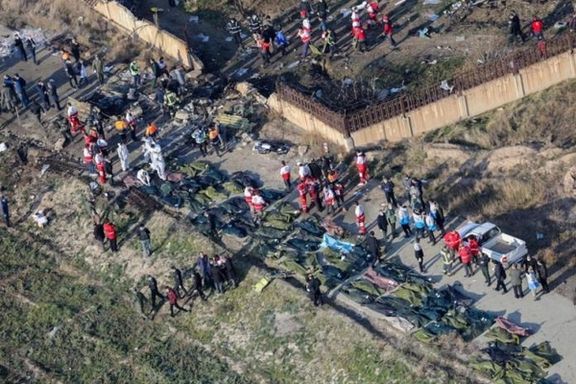
Canada announced Tuesday that it has notified Iran of Ontario's Superior Court of Justice’s ruling that IRGC’s downing of Ukraine Airlines Flight PS752 was intentional.
In a letter on June 7 addressed to Mark Arnold, the lawyer of six family members of the victims of the incident, the Canadian foreign ministry said the final ruling issued by Justice Edward Belobaba of Ontario Superior Court “has been transmitted to the appropriate authority of the Ministry of Foreign Affairs of the Islamic Republic of Iran.”
In the case -- titled Zarei et al vs Islamic Republic of Iran et al – some family members filed a civil lawsuit against Iran and senior officials they believe were to blame for the incident. The Ontario Court ruled that the downing of Flight 752 was an intentional act of terrorism and on December 31, 2021, awarded compensation to be shared by the estates of the six victims. C$100 million in punitive damages, another C$1 million to family members for the loss of guidance, care and companionship, and C$6 million for pain and suffering.
The airliner was shot down by two air-defense missiles fired by the IRGC on January 8, 2020, as it took off from Tehran’s Imam Khomeini International Airport. Only hours earlier, the IRGC had fired more than a dozen missiles at Iraqi bases hosting US and coalition troops in retaliation for the killing of the IRGC Qods Force Commander Ghasem Soleimani who was targeted and killed in Baghdad by a US drone strike just five days earlier.
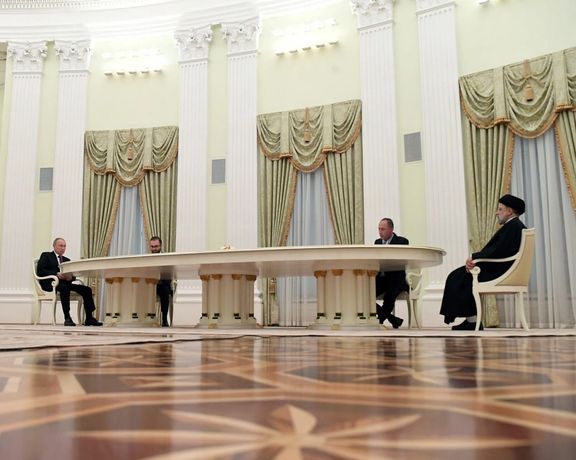
Russian and Iranian presidents during a telephone conversation on Wednesday discussed the talks aimed at restoring the 2015 Iran nuclear agreement, Moscow said.
“When considering the situation around the Iranian nuclear program, the need was noted for continuing diplomatic efforts in order to reach a final agreement that would ensure the preservation and full implementation of the Joint Comprehensive Plan of Action and the UN Security Council Resolution 2231 of July 20, 2015, which approved it,” the Kremlin said in a statement.
Year-long talks in Vienna came to a halt in March reportedly over Iran’s demands to remove its Revolutionary Guard from the US list of Foreign Terrorist Organizations.
A meeting of the UN International Atomic Energy Agency (IAEA) which is in progress in Vienna this week will vote on a resolution proposed by the United States, the United Kingdom, France and Germany to censure Iran for its lack of cooperation with the international nuclear watchdog. Russia and China have voiced their opposition to the resolution.
Moscow also said that President Vladimir Putin expressed his condolences to President Ebrahim Raisi over a deadly train derailment that killed at least 21 people on Wednesday.
The two sides also discussed bilateral relations, including trade, and regional issues, the Kremlin said.
Iranian media carried reports Wednesday that Iranian political and military officials visited the Russian embassy on the occasion of Russia Day, which is marked on June 12.
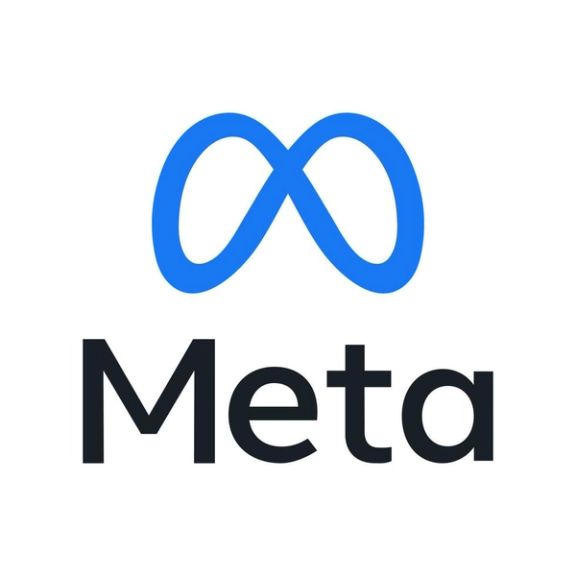
The US Congress is investigating the Meta social media network to find out why the platform is censoring content by Iranian dissidents and pro-democracy advocates.
Following reports that the social media giant might be aiding the Iranian government amid a wave of protests, three Republican lawmakers on the House Foreign Affairs and Armed Services Committees have launched a probe into the matter, a copy of which was published by the Washington Free Beacon on Tuesday.
Representatives Jim Banks (Ind.), Claudia Tenney (N.Y.), and Joe Wilson (S.C.) want information about what steps Meta has "taken to confront infiltration by proponents of the Islamic Republic of Iran" that resulted in deleting and censoring accounts tied to anti-regime activists.
They also urged Meta to investigate claims that Instagram, the video sharing app owned by the company, has "been infiltrated by those sympathetic to the Islamic Republic in Iran."
The probe comes following reports alleging that Instagram content moderators are deleting and censoring accounts that have documented the regime’s human rights abuses during the latest wave of protests, including content showing Iranian security forces beating protesters and firing tear gas into crowds.
The lawmakers say Meta helping the Iranian government censor such content represents "an unacceptable threat to their privacy, liberty, and our national security."
BBC’s sources alleged that pro-regime employees of the German branch of Telus International, a Canadian contractor which provides content moderation to Instagram with over 400 Iranian employees for reviewing Persian-language content, are responsible for restricting anti-government content of Iranian users.